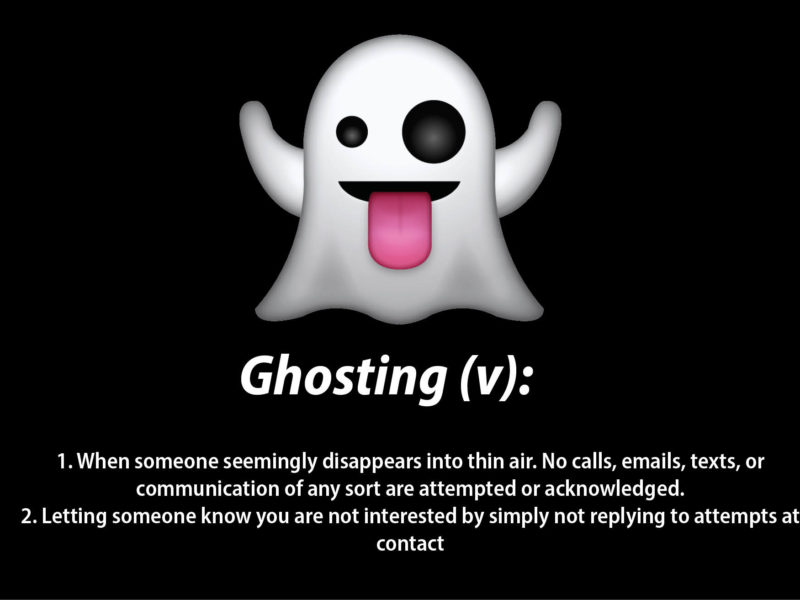Get It In Writing
Never trust anyone’s word or assurances. I suppose I sound pessimistic and paranoid but in business it is simple common sense. You may not consider yourself a business person per se, although when you interview you are conducting a business transaction and, therefore, should think of it in this manner. President Ronald Reagan liked to say, regarding his meetings with the Soviets during the 1980’s, “Trust but Verify”. He may have popularized it Stateside but, giving credit where credit is due, he adopted and translated an Old Russian proverb he liked to use during negotiations with them, which states, “Доверяй, но проверяй” (doveryai, no proveryai).
It happens to some people when they interview, hearing what they want to hear, they lower their guard and fail to get written confirmation to validate what they’d been told is real. Relying on trust alone, no matter how nice or convincing a person may be, is not enough. You can never rely on words of assurance or promises any time you might be in a process involving a job offer, or any negotiation. Get it in writing because, anything less is nothing but a wish – “doveryai, no proveryai”.
Here’s an example of how easily people can succumb; perhaps you’ve had a second or third interview and were told by a hiring manager, “You’re the one I want to hire and I’ll be talking to my boss and get back to you soon.” Of course, this is great news and things are moving in the right direction but, in reality what he or she really said was, “I like you and want to hire you, but I don’t have the authority to do so and I need my boss’s approval, and they may or may not agree – I’ll get back to you.” However, many assume they heard, “The job is yours.” Maybe it will happen but, until it’s in writing it should not cause you to celebrate, much less to cease other efforts you may be alternately engaged in with other potential employers. Furthermore, I advise that until such time as you have a signed offer letter with an agreed start date in your hand, it’s not yet a reality until you have it in writing.
Usually this is only a precautionary measure, as most companies are not out to intentionally play games. But what about those times when you are misled, what recourse do you have? Does it mean you need a hire a lawyer; not many people have the time, stomach or budget for that. In my own business interactions as a recruiter, I absolutely must keep a close track of correspondences and what has been discussed. Many companies, with whom I may not yet have a lengthy relationship, have budgetary issues and, of course, are looking to reduce their costs. On rare occasions there is some little sneak trying to make a name for themselves, thinking they’ll dupe me and would possibly renege if there is nothing on paper to back up what’s been agreed. Occasionally I have to go back and refer to correspondences, such as emails, in order to demonstrate a chronology. This is standard operating procedure in my business. When something such as this happens, rather than call to whine about the injustice and obvious intended deceit, I simply contact the responsible party, describe the events, inform them of my record of correspondences, suggesting in clear terms that if this is the kind of reputation they seek to have in the marketplace, I will ensure they have it. After all, I do speak with many senior-level business people on a regular basis. This works for me and, for the sake of this blog keeping it short, every such situation has been resolved satisfactorily and not only because of the threat shining daylight on an occasional roach operating in the shadows but — because I had my facts straight – had it in writing and kept a file throughout the process.
There are also those who may rely on telephone conversations but not much is in writing, what then? If you have their contact information, soon afterward send a follow-up email thanking them for their time (on the phone) and repeat in the body of your email what subjects were covered; now, unless they reply with a denial or challenge your claim you have a paper trail. I do this to ensure I have not missed any critical information, but it’s handy for any other need that may arise.
Trust but verify, by getting it in writing.
Feel free to comment about this post (no registration required)



